
A nurse comforts a teenager at the hospital. (China Daily/Wang Cheng)
Clinical diagnosis
Liu Sheng (not his real name) was among the patients He saw that Wednesday morning. The teenager was dressed neatly and wore a trendy headset.
But when he spoke in a monotone whisper, Liu appeared listless and tired, and seldom looked He in the eye.
Liu had visited He's clinic several times previously, accompanied by his mother, who this time was hoping that He could reduce her son's reliance on anti-depression drugs.
She told the doctor Liu planned to resume classes for his senior year at high school if his illness was under control.
Asked by the clinician how he felt, Liu removed his left glove and rolled up his sleeve, revealing a series of scratches on his lower arm. "I can't control my crying at nights. The tears just keep falling," he said.
His mother was shocked, as she thought Liu was recovering and could return to school.
In clinical diagnosis, Liu's behavior is termed "non-suicidal self-injury", with the pain resulting from injury releasing stress.
According to He, in such cases, a patient's skin can be damaged, but if there is no risk of death, outpatient treatment can continue to be received, instead of hospitalization.
"The worst consequence of child depression is suicide, and we should pay particular attention to children who intend to take their lives," she said.
"But if patients merely want to vent their anger, they engage in non-suicidal self-injury. Most young patients I encounter clearly state their feelings if they trust me sufficiently.
"They are very sensible and they know which stage they have reached. If you build trust with them, they will express themselves clearly and their illness can be contained in an effective treatment cycle."
Zheng, the chief specialist, said that among the mental disorders schoolchildren may experience, depression occurs in adolescence. As the body develops during adolescence, far-reaching changes also occur in the brain.
Based on his clinical experience, Zheng said that if the mental ability of young boys and girls matches their physical maturity, they can navigate adolescence smoothly.
"But when this ability is very poor, and there is insufficient independence, then conflict will result."
Changed environment
According to He, mental disorders can result from a changed social environment, including family, school and society.
She said that in the 1980s, she lived in her parents' dormitory. When school was over, her parents' colleagues, who were also their neighbors, came to collect her if her parents didn't have time to do so.
"I guess there was a higher level of trust in society at that time, compared to nowadays when urbanization and rapid development are putting more pressure on children," He said.
Zheng said children do not play together as much as they did in the past.
"Of course, children face pressure, but it's not their academic burden we are talking about here," Zheng said. "Playing together is vitally important for them, and by doing so children can learn to control themselves and adapt to new circumstances. But many children now lack the ability to do this.
"Their learning ability has also been overly developed, which may induce strong negative thoughts and result in children's innovative capabilities being ignored," Zheng said.
Many parents, even in first-tier cities, do not realize the importance of their children's mental health. In general, adults tend to think that their children will not experience mental problems," Zheng added.
"This is the wrong view ... From a young age, children should know how to fight for themselves and to socialize. By experiencing friction and frustration, they can determine their position and find a way to survive in a small society," Zheng said.
When children are left alone by parents, they might be exposed to danger, the specialist said. He suggested that children should be encouraged to interact more with their peers and to take part in more social activities.
"We pay much attention to children's IQ (intelligence quotient) and EQ(emotional quotient), but AQ(adversity quotient), which is the ability to deal with frustration that is enhanced by interacting with others, has been largely neglected," he said.
The mental health of children left behind in rural areas by their migrant worker parents may need attention due to a lack of parental contact.
According to the Ministry of Civil Affairs, by the end of August 2018, there were 6.97 million left-behind children in the nation's rural areas, although the number was down from 9.02 million in 2016.
In November, an investigative report by the Heungkong Charitable Foundation on the mental health of rural offspring in China showed the detectable rate for symptoms of depression in such children had reached 25.2 percent.
"The prevalence of depression in rural children is rather high compared with children in cities," Zheng said. "As rural children are left in the care of elderly relatives, or when they are unsupervised before the age of 3, they lack direct nurturing from parents and may become depressed."
Zheng said the emotional problems of children and adolescents are ultimately the result of significant changes in today's lifestyles.

















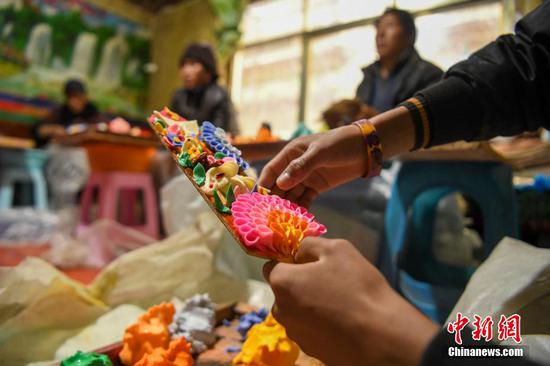



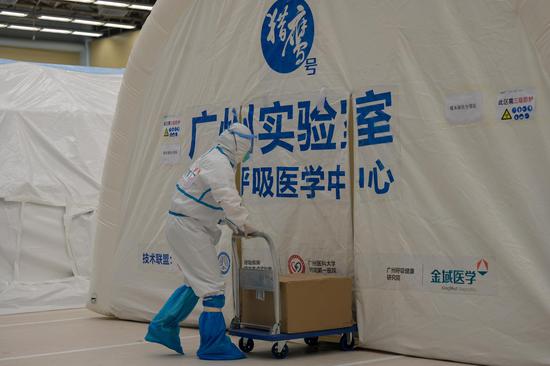
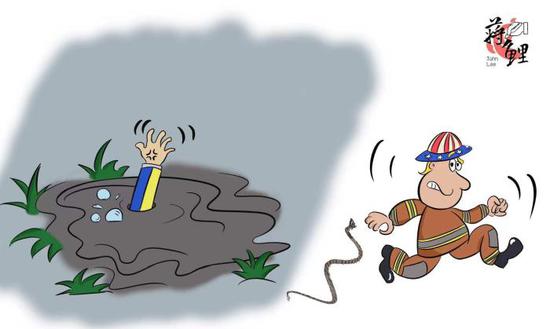







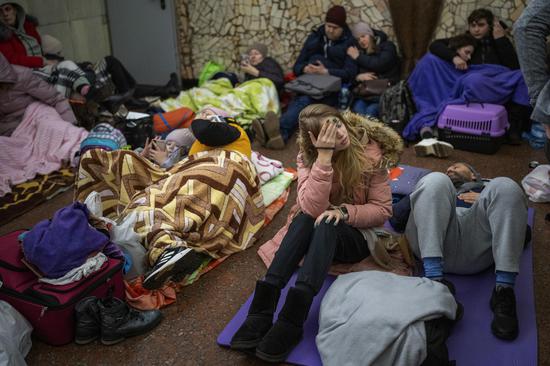



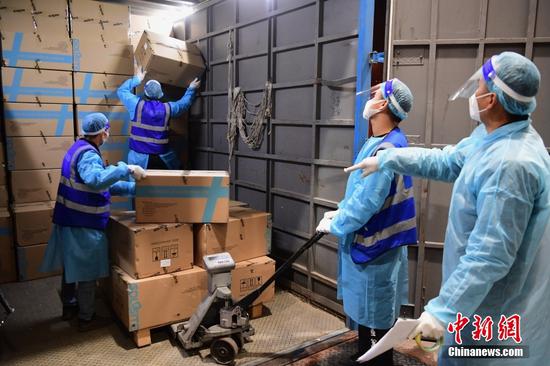















 京公网安备 11010202009201号
京公网安备 11010202009201号